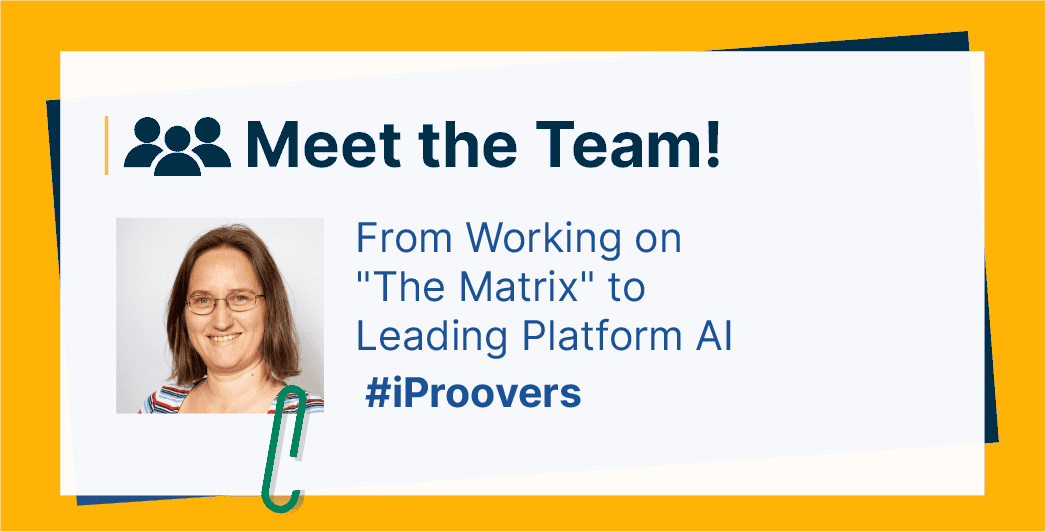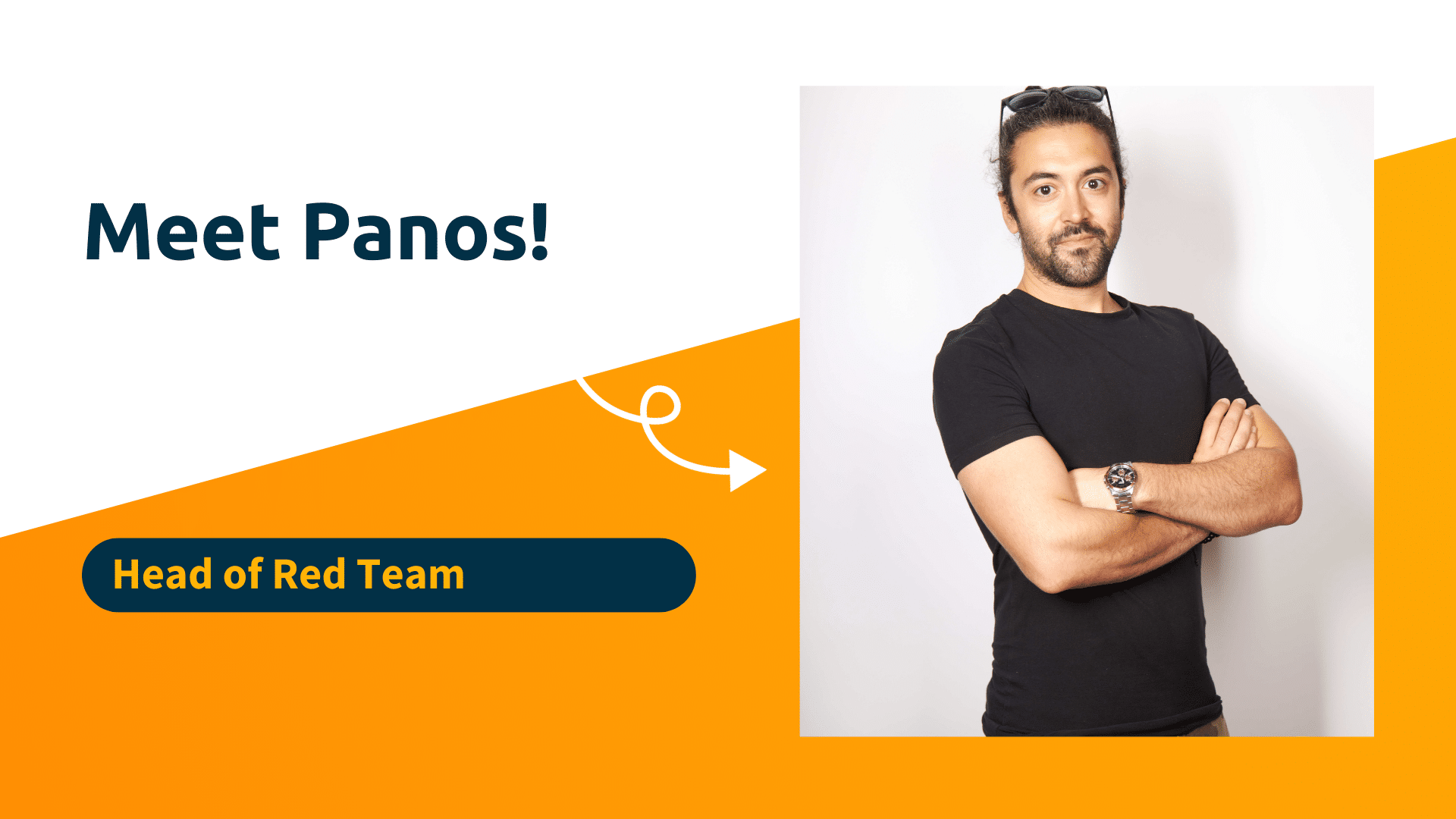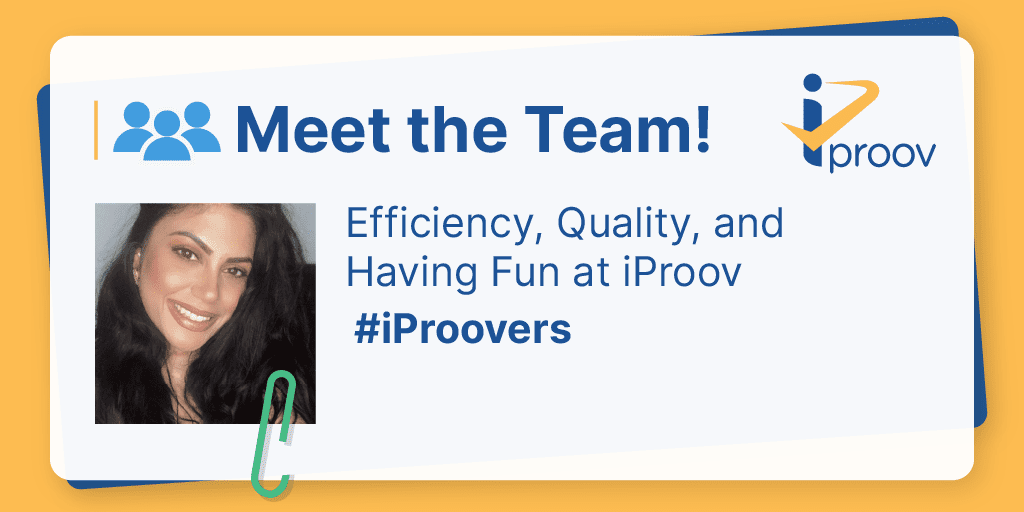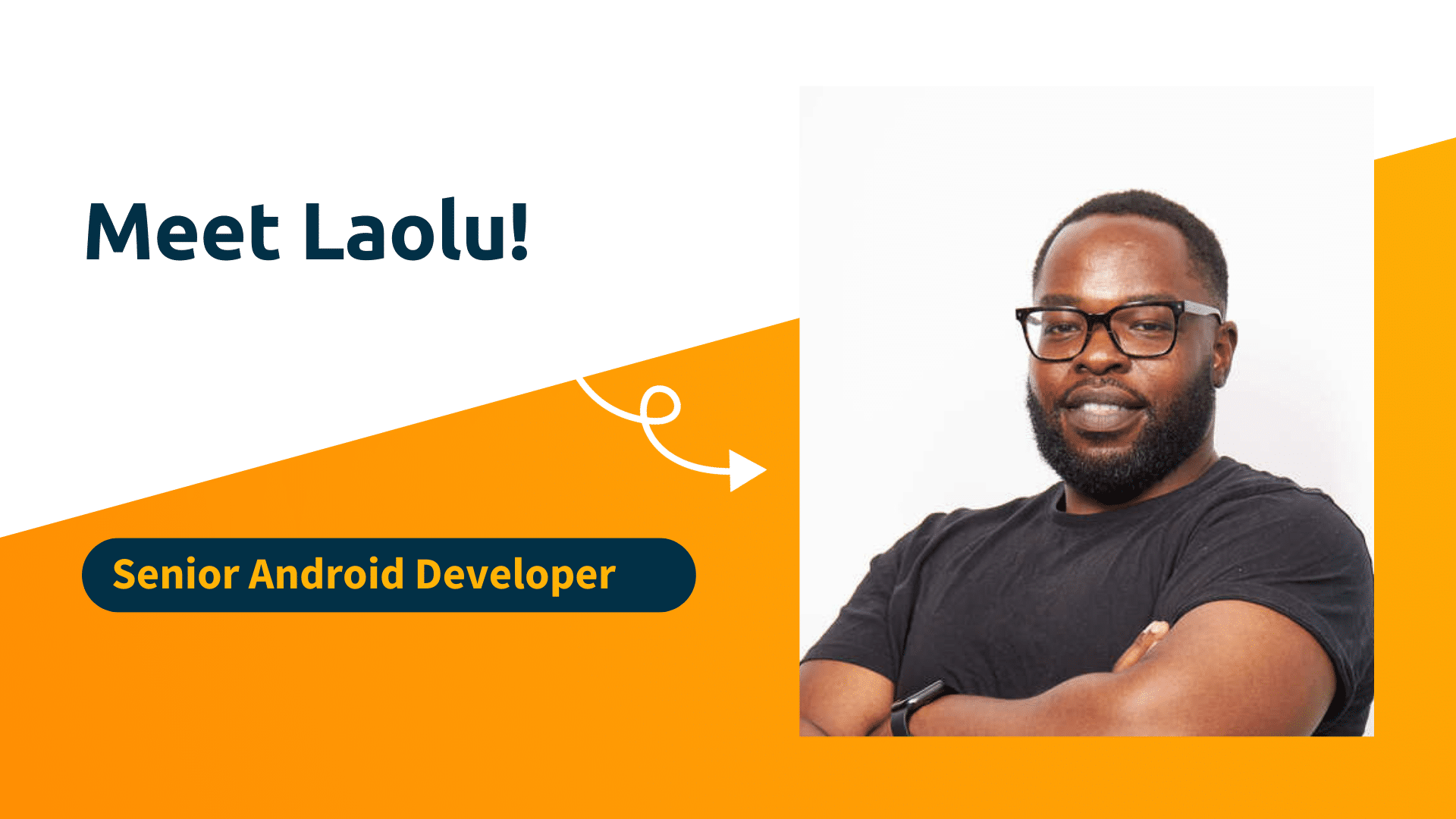February 10, 2023
Meet Violet, our Head of Platform AI at iProov. She talks about the future of AI, the skills needed to work in machine learning, and her passion for upskilling in the workplace. Violet also talks about the influential women in STEM who have inspired her, and shares her words of wisdom for women and girls looking to pursue a career in STEM.
Hi Violet! Thank you for taking part in this month’s Meet the Team! To kick us off can you tell us why you wanted to pursue a career in STEM?
I grew up in a family of engineers and programmers – my mum was programming before she stopped to have kids, my grandmother designed aluminum smelters, and my sister has a Ph.D. in neuroscience – it was the normal thing for us.
I grew up with the mindset that your gender is not going to affect what careers open up to you, and within our family, there was a gender equality agenda that allowed women to do all sorts of technological things!
What was your path to becoming Head of Platform AI?
I started my career with a joint engineering and computer science degree. I worked for nearly 15 years in algorithms, software development, and image processing.
At one point in my career, when I was in broadcasting, I worked on the special effects for the first Matrix movie – including working on the famous scene with the slow-motion bullets!
I eventually decided to head back into academia and completed a Ph.D. in computer vision which involves analyzing images to try and understand their content. For example, a computer sees an image as just a series of numbers, I’d look at how you go from that – a vast grid of numbers – to any kind of concept of what the picture is. Is it showing faces, an airplane, is it a cat, or a horse? How do you go from that vast pile of pixels to something meaningful? So that’s what computer vision is about.
I didn’t expect it, but it turned out to involve a lot of statistics – statistics wasn’t my favorite part of maths, but it turned out to be the skill that is needed for AI.
After my Ph.D., I taught as a lecturer for a bit. But I found academia didn’t agree with me so I looked to go back into industry.
What about iProov attracted you the most?
I was attracted by iProov for two reasons. One was the application of iProov technology. For me, that’s always been very important, ensuring that the goal you’re working towards is a worthwhile goal that I can see as being so socially beneficial.
Another reason is the stage of growth iProov is at. I wanted to learn how you grow a company through the scale-up phase; from a group of tightly-knit people to a larger organization that requires structures and processes.
What does a typical day in life look like for you?
My days at the moment are very packed. I have a fairly large team of engineers and I switch between the different projects that my team is working on and support them on difficulties they run into. This is mixed with coordinating projects from across all of the Science department, I work very closely with several other teams.
I see the value in upskilling people, it helps increase the efficiency and productivity of a team, so I also organize training sessions across the whole of Science – some of which I teach myself.
Are there any exciting projects you’re currently working on?
I’m afraid that is top secret! However, a focus of our team at the moment is improving the efficiency of our machine learning models, and we are currently looking to hire someone for this role!
Check out the role for Senior Computer Vision Engineer here!
What are the skills needed for working in machine learning?
The skills that you need are primarily mathematics, statistics, and programming. I’ve been focused on doing a lot of internal training for the programming side. We have a lot of bright young joiners who understand the math, but don’t necessarily have experience in the software engineering process – we do a lot of upskilling in this area.
What do you think the future of AI is?
From my perspective, there are two answers: the shorter-term answer, and the more philosophical answer.
In the short term, I think people will continue to find more narrow, specific applications for the technology, and explore new areas to apply machine learning.
From a philosophical mindset, it’s about what people choose to do with it. It’s not about the technology. Whatever the new technology, if people choose to put it to positive use then great. It’s about people making ethical choices about what to do with the technology, rather than the capacities of the technology itself.
In light of International Day of Women and Girls in Science do you have any strong female role models who have inspired you?
I’m a big fan of Ada Lovelace. She was the first computer scientist who also happens to be a woman – and she is utterly fabulous!
There are also various female professors of engineering that I’ve come across – I’m a big fan of Barbara Oakley. She is an engineering professor, and coming from my background as a lecturer I find her very inspirational. In particular, she talks a lot about finding the right approach to learning that works for you and has an amazing course called “Learning How to Learn” which I’d highly recommend.
What advice would you give to young women looking to pursue a career in STEM?
When I met Barbara Oakley I asked her about the dreadful imbalance of girls in STEM education, engineering, and especially computer science.
She said that it is not that the girls are in any way less good at maths and technical subjects, but there is a point in teenage development where the boys are somewhat behind on the verbal side – they, of course, catch up later. At that point, however, is when the educational system forces you to choose your subjects. The boys pile into the maths and technical subjects because, from their point of view, they are better at it than writing. Only as a secondary effect do the girls go “All the boys are here, I’ll go do something else!”
With that in mind, my advice is to just go for it! There’s absolutely no reason not to. One thing that I find motivates girls is contributing to society – technical subjects are a great way of doing that. So just go for it!
Meet more of the iProov team below.
Interested in joining iProov? Check out our available roles.



